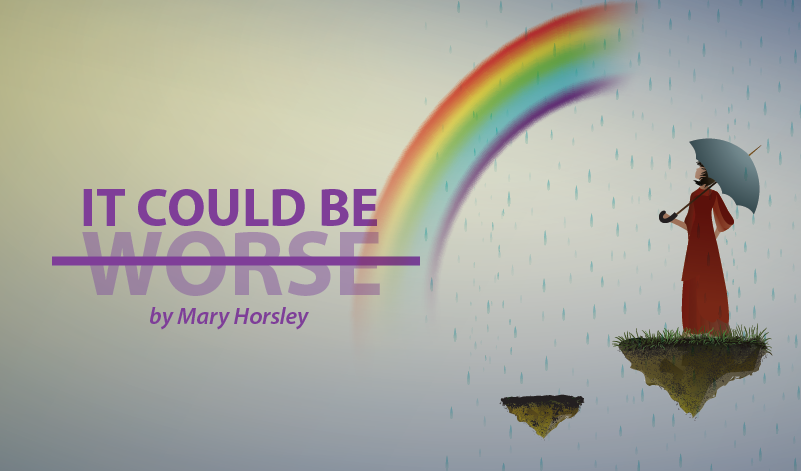
Editor’s note: In the fourth part of this series, “Crohn’s Disease Questions,” Mary Horsley discusses how to help a friend with Crohn’s disease and IBD. Read the first part, second part, and third part.
My previous posts have been about what to expect, what not to say or suggest, Crohn’s complications, and such, so I thought a helpful column would be nice. Some people just have no clue what those of us with IBD go through, and often they don’t know what to say or do to be helpful.
1. Be supportive
2. Ask questions
3. Invite us
This kind of adds on to being supportive and asking questions. Sure, we may have to cancel at the last minute, have unexpected appointments or ER visits, and, yeah, we may just feel off for the day. But that doesn’t mean we don’t want to be there, and it cannot guarantee that we won’t be there. We do try.

If you want to ask how I am doing, that would be great. If you want to know how my last infusion or doctor’s appointment went, that would be great. If you want to know anything about IBD that I can help you with, that is great. All I ask is that you think about what you’re asking and how it can be perceived. Do not judge us for our journeys, and I ask that you care more than offering up blame for our lifestyles and diets.
Crohn’s and IBD are autoimmune diseases that have an unknown cause. They don’t just happen because of a patient’s lack of care or through lifestyle choices. We did not cause this. We did not ask for this. And we certainly don’t look forward to feeling as bad as we do, nor do we want to suffer from all of the terrible symptoms we have.
For me, It Could Be Worse.
***
Note: IBD News Today is strictly a news and information website about the disease. It does not provide medical advice, diagnosis, or treatment. This content is not intended to be a substitute for professional medical advice, diagnosis, or treatment. Always seek the advice of your physician or another qualified health provider with any questions you may have regarding a medical condition. Never disregard professional medical advice or delay in seeking it because of something you have read on this website. The opinions expressed in this column are not those of IBD News Today, or its parent company, BioNews Services, and are intended to spark discussion about issues pertaining to IBD.

